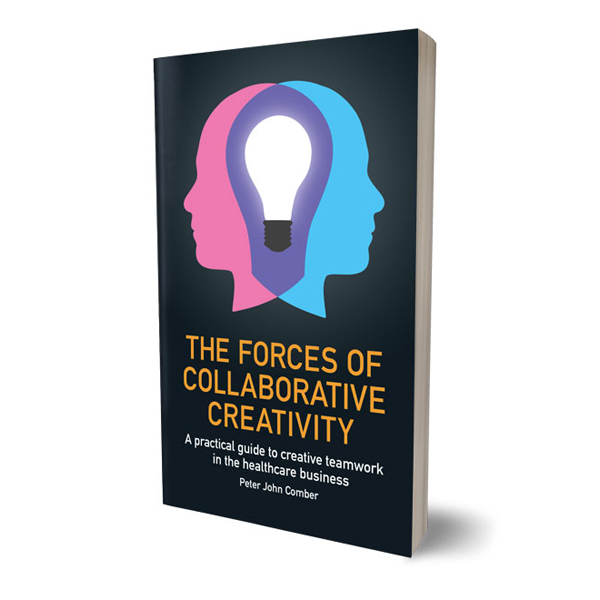Don’t you know it’s Christmas?
Christmas is a context: a state of mind, a time loaded with expectations. Failure awaits those who ignore context.
Context matters. Done. If you truly understand the law expressed in those two words I have just two more words for you: Happy Holidays. There’s no need for you to read what follows.
Evidently, though there are some who do not comprehend the law of context, the marketers at Peloton for example. This year's Peloton Christmas TV commercial was so reviled that the companies stock dropped
10% following widespread criticism of the ad. The 2019 Peloton Christmas ad has been accused of being sexist, dystopian and skinny shaming. One Twitter user described it as a, “116 lb woman's YEARLONG fitness journey to becoming a 112 lb woman”.
The criticism of the spot is well deserved, it’s a terrible ad but hang on, there’s no shortage of terrible ads. Why has this one caused such offence? There are many reasons, I believe the intrinsic awfulness of these thirty seconds has been exacerbated by its blatant disregard for the law of context. It’s a Christmas ad but there is nothing Christmassy about it. Visually it pretends to be festive, with snow falling outside and a decorated tree in a corner but those are mere background props: the soul of the season is missing, the emotional content of the ad is equivalent to that of Zuckerberg testifying before Congress. The inevitable child appears for mere seconds, she is even missing from the final scene on the sofa. Where is she? In another room asking Alexa the meaning of the words ‘mother’, ‘father’ and ‘Christmas’? The ad doesn’t even feature a puppy! Yes, the Peloton ad offends for many reasons but the heavy criticism also derives from the fact that it betrays the laws of Christmas context - it’s a product demonstration film featuring a confused and frightened woman that callously uses a festive-themed set. It is context deaf and this is offensive.
The Hafod hardware store Christmas ad, on the other hand, is a masterpiece in context. The Hafod hardware store is a small, family-run shop in a Welsh town with 2,000 residents. The film they have made (with £100) is a simply charming film and a brilliant example of context-aware communication. It reproduces an ideal of cuteness and seasonal good spirit, the film dutifully delivers the kind of experience we expect from a festive brand message. In particular, the Hafod ad is an example of nostalgic context communication: the kind that explicitly or implicitly evokes simpler times and the idealised Christmases of the past we either remember or would like to count among our memories.
A very different kind of context-aware communication is this year’s ad for British travel website On the Beach. This is an example of neo-realistic context. It doesn’t directly reference Christmas at all, the programming makes it a festive ad, but also when you think about it so do the stories of the various protagonists of this multi-subject ad. Visually it is completely static and sunny, the opposite of all-singing, all-dancing and snowy. Iggy Pop narrates grotesque dramas, not heartwarming fairy tales. The protagonist is always alone and inert, the opposite of animated family reunions. The On The Beach ads tap into the extreme stress and madness of modern consumerist Christmas, the nightmare quality of certain family gatherings and the deep desire to just run away from it all. Alone. Oh, yes this is a Christmas ad all right, it’s just that it’s a Christmas antidote ad.
Oh, and talking of realism and context. The actress who played the confused and frightened woman from the Peloton ad was invited by Ryan Reynolds to star in an ad for his Aviation Gin. In it, she has PTSD and finds solace in alcohol. The whole ad only makes sense because of the context, the Peloton brouhaha makes the boozing funny, not sad. Until that is you realise that an alcohol-numbs-pain message has been legitimized only because of another much worse ad. Merry Christmas? Humbug.





